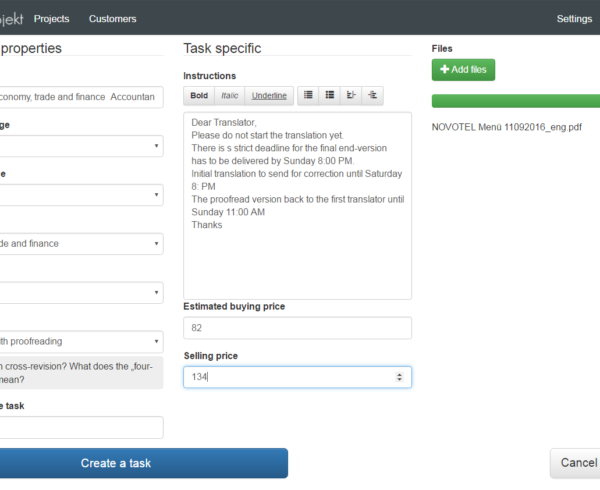Every now and then we bump into articles, gags, blog posts, videos saying something like “The top 10 hardest languages in the world”. But does such a thing at all exist? Let’s take a better look on that with linguists!
Danish
In the above video it is stated: danish is the 10th of the most difficult languages of the world. And the argumentation if the following: its phonemic system differs from all the other languages. Well, let’s admit, it can be said about every language.
Amhara
We can see amhara in the 9th position in the video, with the reasoning that the people speaking amharic, think, that their language is so difficult, it is impossible for anyone non-native to learn it. But which language’s speakers wouldn’t think the same?
Navajo
This language has been used for coding during WW II, and the codebreakers really could not break it. The reason behind it is, they had no idea the text they need to understand is not in english…
Japanese
Allegedly, japanese is easy to speak, but hard to write. Well, yes. We can imagine that. But all the japan cultural achievements are difficult to learn; let’s just think about the etiquette.
Mandarin
Regarding mandarin, there are 5000 symbols in it and, according to this video, it takes 2000 hours to learn them (25 symbols/week takes 2×5 hours a week, and in 4 years, manageable). According to this video, the grammar is easy, because there is no affixation. But on the other hand, it also means, that it makes – like all isolating languages – the order of the words, a.k.a. the syntax a lot harder. Not to mention the difficulties of pronunciation.
Estonian
Allegedly, the difficulty of estonian is the 14 cases it has – which can make the native english speakers really terrified. But in fact, what’s “terrifying”, is rather the fact that Estonian is an inflectional or fusional language in the morphological typology, which means, there are internal changes in the etymons to express semantic changes. And some other circumstances, like pronunciation and the rules of using tenses.
Hungarian
This video interestingly does not even mention the high number of cases in the hungarian language, just “the numerous types of inflection paradigms” and the complicated grammar rules in general. Plus, there are some exotic letters is the video, but everybody just keep calm: these are not the hungarian letters.
Bask
The difficulty of bask language is, according to this video, that it is one of the few european languages that does not connect to english. They might not mean here the linguistic affinity but the fact that bask is not an indoeuropean language. On these grounds, this could be the same “problem” with estonian and hungarian as well..
Arabic
The writing in arabic is the biggest challenge, the video suggests. But in reality, there is an advantage in the writing: the written and printed text do not differ as much as in case of latin and cyrillic alphabet. The biggest challenge the ones learning this language have to face might be rather be the pronunciation and the affixation.
Cantonese
The video explains that cantonese is even harder that chinese, because there are 9 different tones. This is partially true but inexcusably unpunctual: there are 6 versions of intonation in cantonese. And another difficulty is, that the written text does not mean the same as it means when spoken. Well, this could cause a problem only if we already speak cantonese – but in this case, the other difficulties might not even be difficulties anymore…
5








